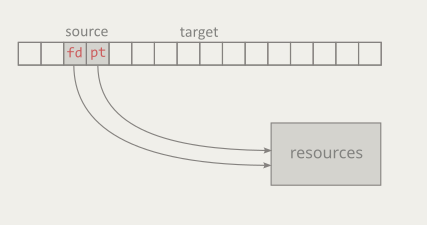PVS-Studio 7.41: MISRA C 2023, enhanced Unreal Engine integration, new logging system
PVS-Studio 7.41 has been released. It brings improvements for Unreal Engine, support for MISRA C 2023, an update to the IntelliJ IDEA plugin, and other useful changes.
PVS-Studio 7.41: MISRA C 2023, enhanced Unreal Engine integration, new logging system, and much more
by Valerii Filatov
From the article:
Throughout the year, we have been working to cover more of the MISRA C 2023 standard. Currently, PVS-Studio analyzer covers 86% of the standard. You can find more information on this page. In future releases, we will continue to expand MISRA C++ 2023 standard coverage.

 Filtering items from a container is a common situation. Bartłomiej Filipek demonstrates various approaches from different versions of C++.
Filtering items from a container is a common situation. Bartłomiej Filipek demonstrates various approaches from different versions of C++. Value semantics is a way of structuring programs around what values mean, not where objects live, and C++ is explicitly designed to support this model. In a value-semantic design, objects are merely vehicles for communicating state, while identity, address, and physical representation are intentionally irrelevant.
Value semantics is a way of structuring programs around what values mean, not where objects live, and C++ is explicitly designed to support this model. In a value-semantic design, objects are merely vehicles for communicating state, while identity, address, and physical representation are intentionally irrelevant. In today's post, I like to touch on a controversial topic: singletons. While I think it is best to have a codebase without singletons, the real-world shows me that singletons are often part of codebases.
In today's post, I like to touch on a controversial topic: singletons. While I think it is best to have a codebase without singletons, the real-world shows me that singletons are often part of codebases.